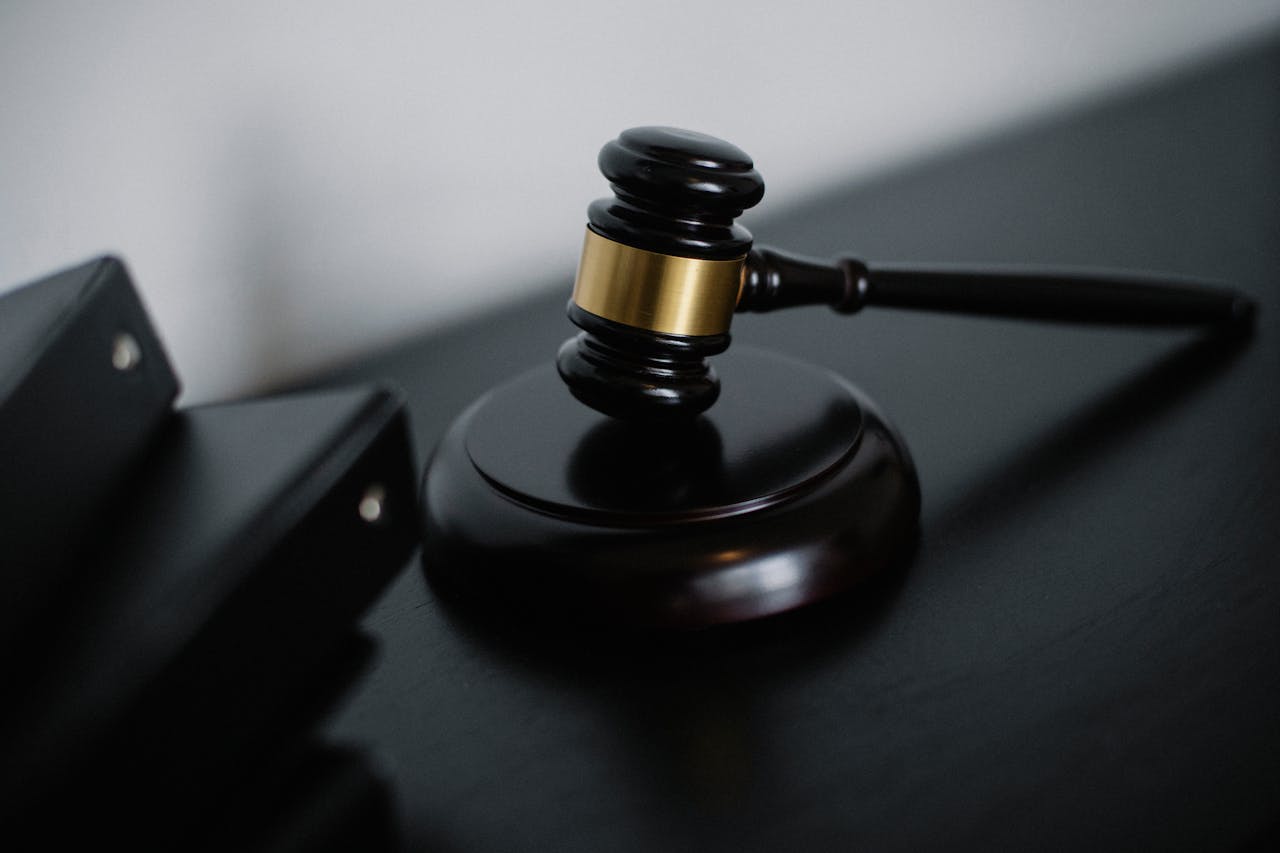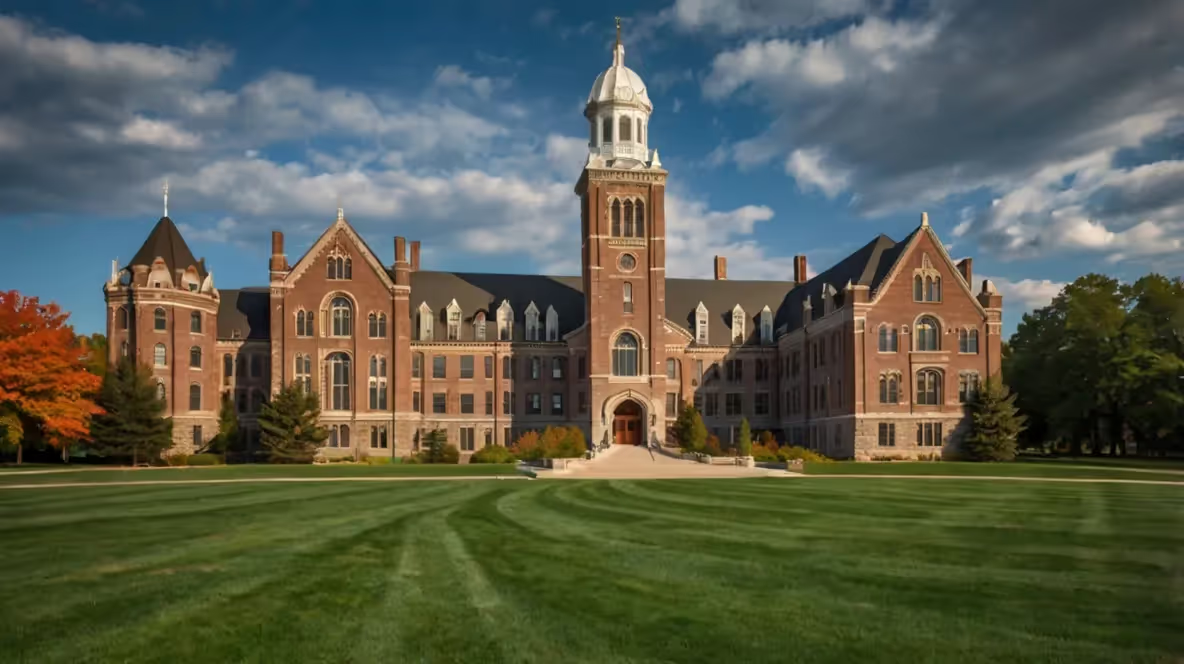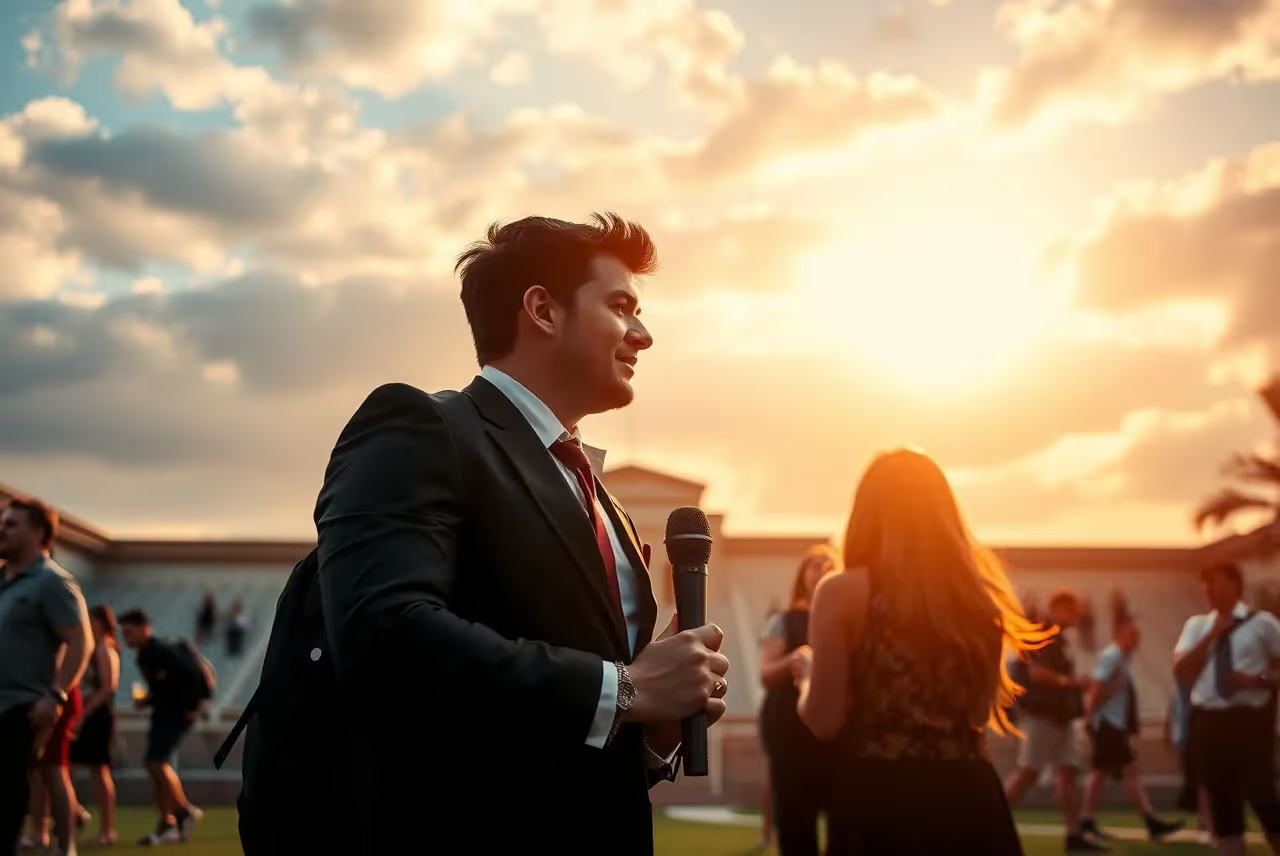Discover Top-Ranked Law Schools in New York City
If you dream of pursuing a dynamic legal career, New York City offers some of the country's most prestigious law colleges. NYC attracts students with its world-class faculty, diverse course offerings, and proximity to major law firms and courts. This guide explores the leading law programs in New York City, their specialties, and what makes each unique. Explore your options and find the best fit for your legal ambitions.
Key Features to Look for in New York City Law Schools
Selecting a law school in New York City involves more than checking overall rankings. Each law college has unique features, specializations, and campus experiences. Some factors you should consider include:
- Accreditation by the American Bar Association (ABA)
- Bar exam passage rates
- Faculty expertise and diversity
- Alumni network and connections
- On-campus facilities and clinics
- Opportunities for internships or externships in Manhattan law firms
- Tuition and financial aid packages
- Specialized law programs (corporate, public interest, criminal, international law, etc.)
Overview of the Best Law Colleges in New York City
NYC is home to several renowned law schools. Among these, a few consistently stand out for their academic rigor, postgraduate success, and location. Explore highly regarded options below.
Columbia Law School
Columbia Law School in Manhattan is a globally respected institution. Students here benefit from:
- Strong placement in top law firms and clerkships
- Leading-edge centers in international, constitutional, and corporate law
- Access to a large alumni community
- Cultural and business opportunities nearby
- Clinical programs serving underserved communities in New York City
Admissions are highly competitive. Columbia Law’s JD program consistently attracts students from diverse backgrounds, both domestically and internationally.
New York University School of Law
NYU Law, located in Greenwich Village, offers robust programs in:
- Public interest law
- Tax law (ranked among the best in the U.S.)
- International and human rights law
- Business and corporate law
Students have many choices for practical experience through clinics, centers, and externships across New York. NYU’s reputation opens doors across legal sectors both in NYC and globally.
Fordham University School of Law
Fordham Law, situated at Lincoln Center, is known for:
- Strong evening programs for working professionals
- Leading specialties in dispute resolution, intellectual property, and business law
- Outstanding clinical opportunities with NYC-based organizations
- A supportive, collaborative campus culture
This law school is popular for its location and flexible JD and LLM programs, blending quality with practical training.
Benjamin N. Cardozo School of Law (Yeshiva University)
Located in Manhattan’s Greenwich Village, Cardozo Law is a top choice for:
- Intellectual property law and alternative dispute resolution
- Hands-on clinics, such as the Innocence Project
- Innovative programs in business law and technology
- Accessible professors with industry expertise
Cardozo Law attracts students committed to social justice, public interest, and emerging legal fields.
CUNY School of Law
The City University of New York (CUNY) School of Law in Long Island City focuses on:
- Accessible legal education for a diverse student body
- Top-rated public interest law curriculum
- Affordable tuition for New York residents
- Strong commitment to social justice and serving underrepresented communities
CUNY Law is widely recognized for its progressive teaching and practical approach to legal education.
Why Study Law in New York City?
Choosing a law college in NYC gives you a front-row seat in the heart of the legal world. Here are some advantages:
- Access to global law firms, nonprofit organizations, and government agencies
- Networking opportunities with professionals and alumni
- Exposure to a wide range of legal practice areas
- Internships at major courts including the New York Supreme Court and federal courts
- The vibrant, multicultural lifestyle of New York City
What Are the Admission Requirements for Law Schools in NYC?
Most law schools in NYC follow general guidelines but may have unique features. Common requirements include:
- Completion of an undergraduate degree
- Competitive LSAT scores (some accept the GRE)
- Letters of recommendation
- Personal statement or essays highlighting your interests and qualifications
- Resume showcasing leadership, internships, and related experiences
- Demonstrated community service or volunteer work
Choosing the Right Law College for Your Career Goals
Every law school in New York City offers distinct programs and cultures. When making your decision, consider:
- Your preferred legal specialties and related coursework
- Opportunities for meaningful internships and clinics
- Tuition costs, financial aid, and scholarships
- Campus culture, diversity, and support services
- Graduate employment rates and bar passage statistics
Visiting campuses, reaching out to current students, and speaking with academic advisors can help you narrow your choices.
Frequently Asked Questions About Law Colleges in New York City
Which law school in New York City has the highest bar passage rate?
Columbia Law School typically records the highest bar passage rates among NYC law schools, with recent rates often above 95%. NYU Law also reports high bar passage statistics each year.
Is it hard to get into law schools in New York City?
Admission is competitive for top law schools like Columbia and NYU, which seek applicants with high LSAT scores, strong GPAs, and diverse experiences. Other schools, such as CUNY Law, focus on public service and may consider a broader range of backgrounds.
How much does law school cost in New York City?
Annual tuition at private law schools in NYC can exceed $70,000. Public institutions like CUNY offer lower tuition for residents. Financial aid, scholarships, and grants are available at most schools.
What career opportunities are available to law graduates in NYC?
Graduates often find jobs at law firms, corporations, public interest organizations, and government agencies. NYC offers roles in corporate law, criminal defense, intellectual property, finance, and policy work. Networking and internships are key to job placement.
Are there evening or part-time law programs in New York City?
Yes, schools like Fordham Law and Cardozo Law offer evening and part-time law programs ideal for working professionals. These programs provide flexibility while maintaining academic rigor.











.svg)



